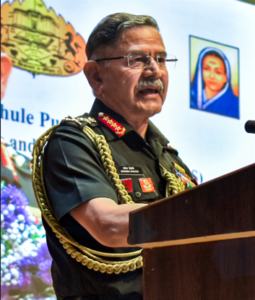Uttarakhand CM Dhami expresses gratitude to PM Modi after Union cabinet’s nod to increase MSP of Rabi crops
Dehradun (Uttarakhand) [India], October 16 (ANI): Uttarakhand Chief Minister Pushkar Singh Dhami on Wednesday expressed his gratitude to Prime Minister Narendra Modi after the Union cabinet decided to increase the Minimum Support Price (MSP) of Rabi crops for the marketing season 2025-26.
According to a government release, the Cabinet Committee on Economic Affairs (CCEA) chaired by Prime Minister Narendra Modi, has approved the increase in the Minimum Support Prices (MSP) for all mandated Rabi Crops to ensure remunerative prices to the growers for their produce.
The Uttarakhand CM said that this decision is a Diwali gift for the farmers of the country, this decision will definitely become a strong basis for the economic progress, prosperity and self-reliance of the farmers, which will accelerate the overall development of the agriculture sector.
The government has increased the MSP of Rabi Crops to ensure remunerative prices to the growers for their produce. The absolute highest increase in MSP has been announced for Rapeseed and Mustard at Rs 300 per quintal followed by Lentil (Masur) at Rs 275 per quintal.
This decision was announced on Wednesday by Union Minister Ashwini Vaishnaw after the Cabinet meeting held today. For gram, wheat, safflower and barley, there is an increase of Rs 210 per quintal, Rs150 per quintal, Rs140 per quintal and Rs130 per quintal respectively.
The increase in MSP for mandated Rabi Crops for Marketing Season 2025-26 is in line with the Union Budget 2018-19 announcement of fixing the MSP at a level of at least 1.5 times of the All-India weighted average cost of production.
The expected margin over all-India weighted average cost of production is 105 percent for wheat, followed by 98 percent for rapeseed & mustard; 89 per cent for lentil; 60 per cent for gram; 60 percent for barley; and 50 percent for safflower. This increased MSP of Rabi crops will ensure remunerative prices to the farmers and incentivise crop diversification.




